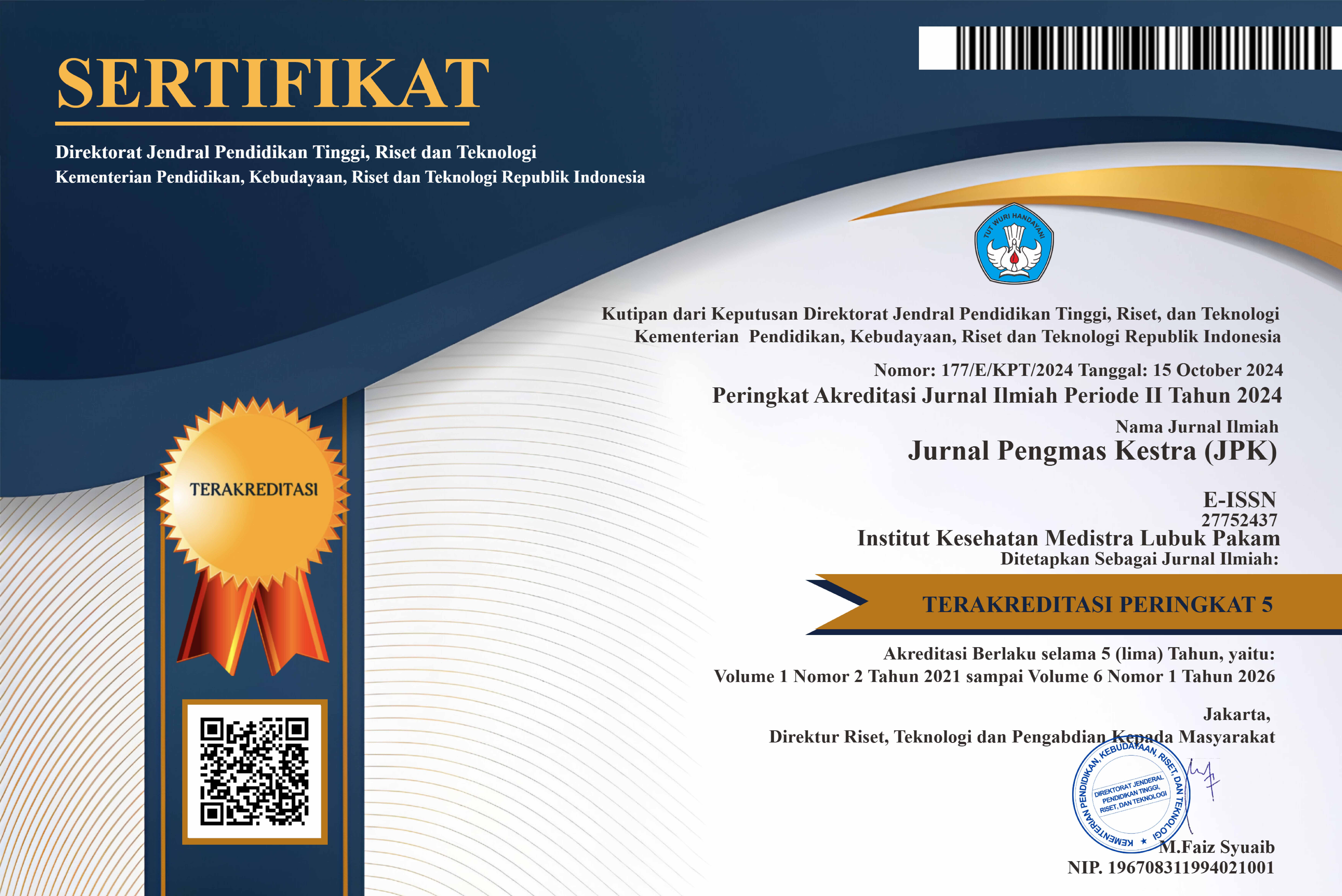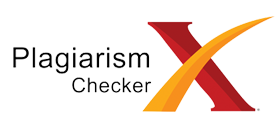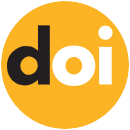SOCIALIZATION OF CLEAN AND HEALTHY LIFESTYLE BEHAVIOR IN SDN 8 SIANTING-ANTING SAMOSIR REGENCY
SOCIALIZATION OF CLEAN AND HEALTHY LIFESTYLE BEHAVIOR IN SDN 8 SIANTING-ANTING SAMOSIR REGENCY
DOI:
https://doi.org/10.35451/jpk.v2i2.1451Keywords:
Education; Clean and Healthy Behavior; Elementary SchoolAbstract
Improving health status is one of the national development efforts to create a healthy, prosperous Indonesian society. Clean and healthy living behavior (PHBS) is an action to empower elementary school students to be able and willing to carry out clean and healthy living behaviors so as to create a healthy school environment. This community service activity aims to provide socialization and education for students at SD Negeri number 8 Sianting-anting, Samosir Regency. Activities consist of socialization in the form of counseling, discussion and question and answer. The activity participants consisted of 71 students from grades 1 to 6. The material presented was how to wash hands with soap and running water, consume healthy snacks, use clean and healthy latrines, exercise regularly, eradicate mosquito larvae, smoke free at school, dispose of trash in its place and work together to keep the school environment clean. Participants were very enthusiastic and gave positive responses and actively participated in socialization activities. The results of the activity evaluation showed that the participants were able to wash their hands properly, mentioned the PHBS components at school, and after the socialization activities, students also implemented PHBS at SDN 8 Sianting-anting, Samosir Regency. The statistical test using the t-paired test showed that the value of p = 0.001 (p <0.05) which means that there is a difference before and after being given PHBS education on the level of knowledge of students at SDN 8 Sianting-anting, Samosir Regency.
References
Aminah, S., Huliatunisa, Y., dan Magdalena, I. (2021). Usaha Kesehatan Sekolah (UKS) untuk Meningkatkan Perilaku Hidup Bersih dan Sehat (PHBS) Siswa Sekolah Dasar. Jurnal JKFT,6(1),18-28.
Anggraeni, R., dkk. (2022). Edukasi PHBS dalam meningkatkan pengetahuan murid sekolah dasar. Jurnal Pengabdian Kepada Masyarakat, Promotif, Vol 2 (1).
Lina, H. P. (2017). Perilaku Hidup Bersih dan Sehat (PHBS) Siswa di SDN 42 Korong Gadang Kecamatan Kuranji Padang. Jurnal PROMKES, 4(1), 92.
Puteri, A. D., dan Yuristin, D. (2021). Penyuluhan Kesehatan Mengenai Perilaku Hidup Bersih dan Sehat pada Anak Usia Sekolah di Desa Binuang Kecamatan Bangkinang.COVIT (Community Service of Health),1(1), 1-5.
Rusdi, M. S., dkk. (2021). Edukasi Penerapan PHBS sebagai Upaya Pencegahan Penyebaran Covid-19. Jurnal Altifani Penelitian & Pengabdian kepada Masyarakat, Vol 1(1), 47-51.
Salim, M., dkk. (2021). Edukasi PHBS pada Siswa SDN 2 Samigaluh Kulonprogo. Jurnal Pengabdian dan Pengembangan Masyarakat, Vol. 4 (1).
Susilowati, Y., dan Santoso, A. (2021). Pengaruh Program Kurassaki terhadap Perilaku Hidup Bersih dan Sehat (PHBS) Siswa pada Sekolah Pilot Project Bappeda Kabupaten Tangerang. Syntax Literate; Jurnal Ilmiah Indonesia,6(8), 4208-4216
Zuliyanti, N. I., dan Rachmawati, F. (2020). Pengaruh Penyuluhan PHBS terhadap Praktik Cuci Tangan 6 Langkah pada Siswa SDN 2 Pangenrejo Purworejo. Jurnal Komunikasi Kesehatan, Vol 11(1).
Downloads
Published
Issue
Section
License
Copyright in each article is the property of the Author.




















